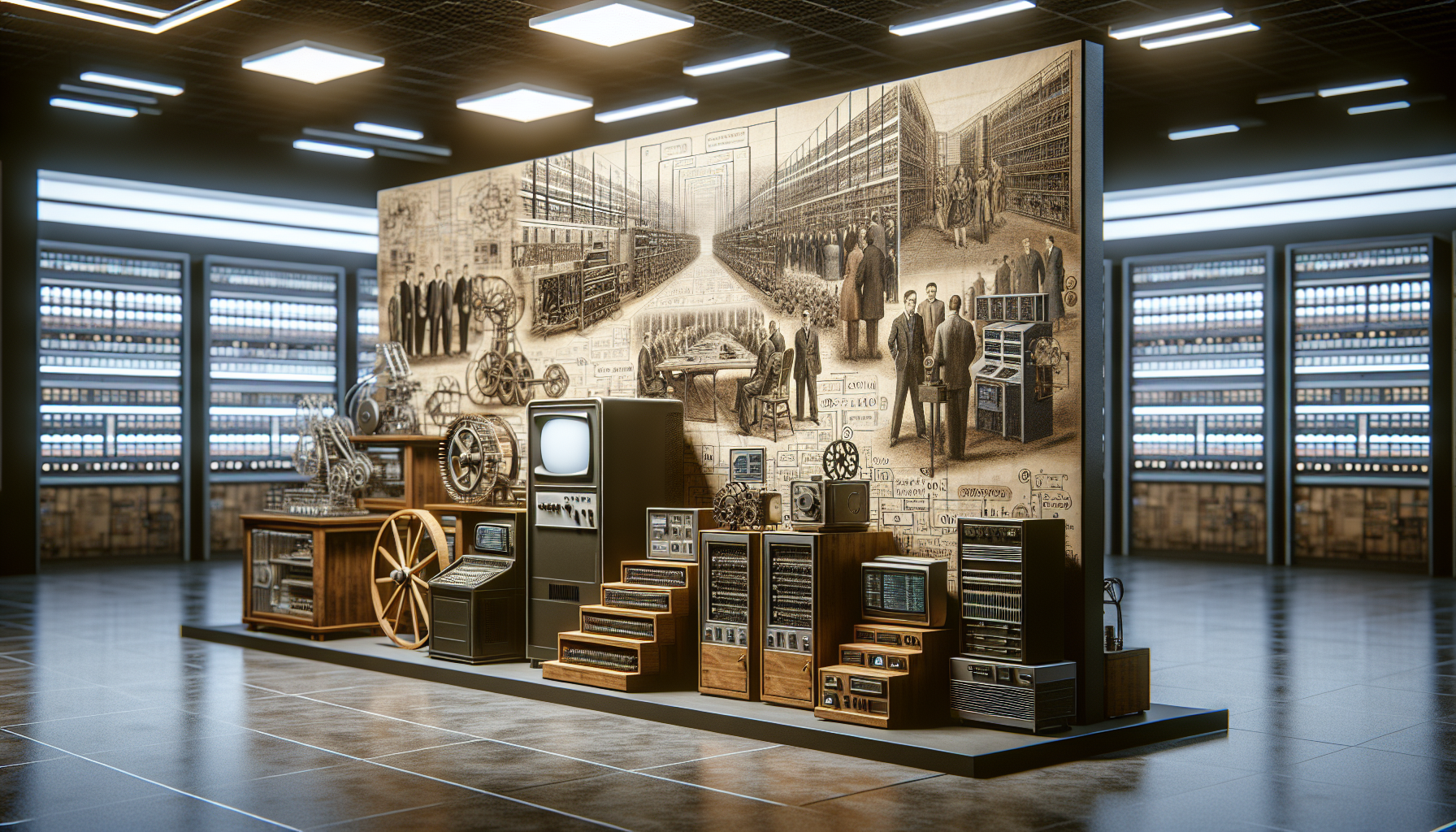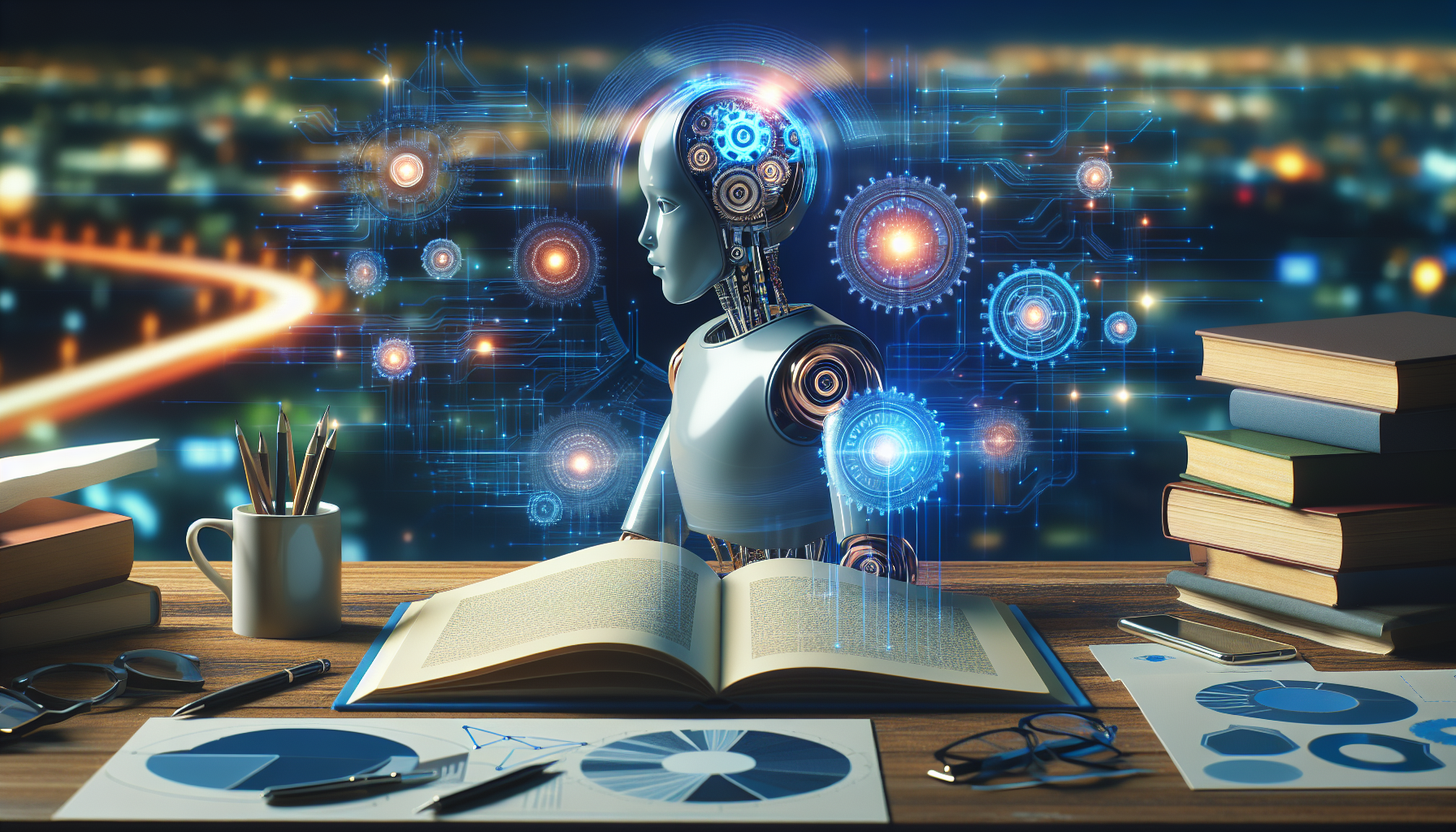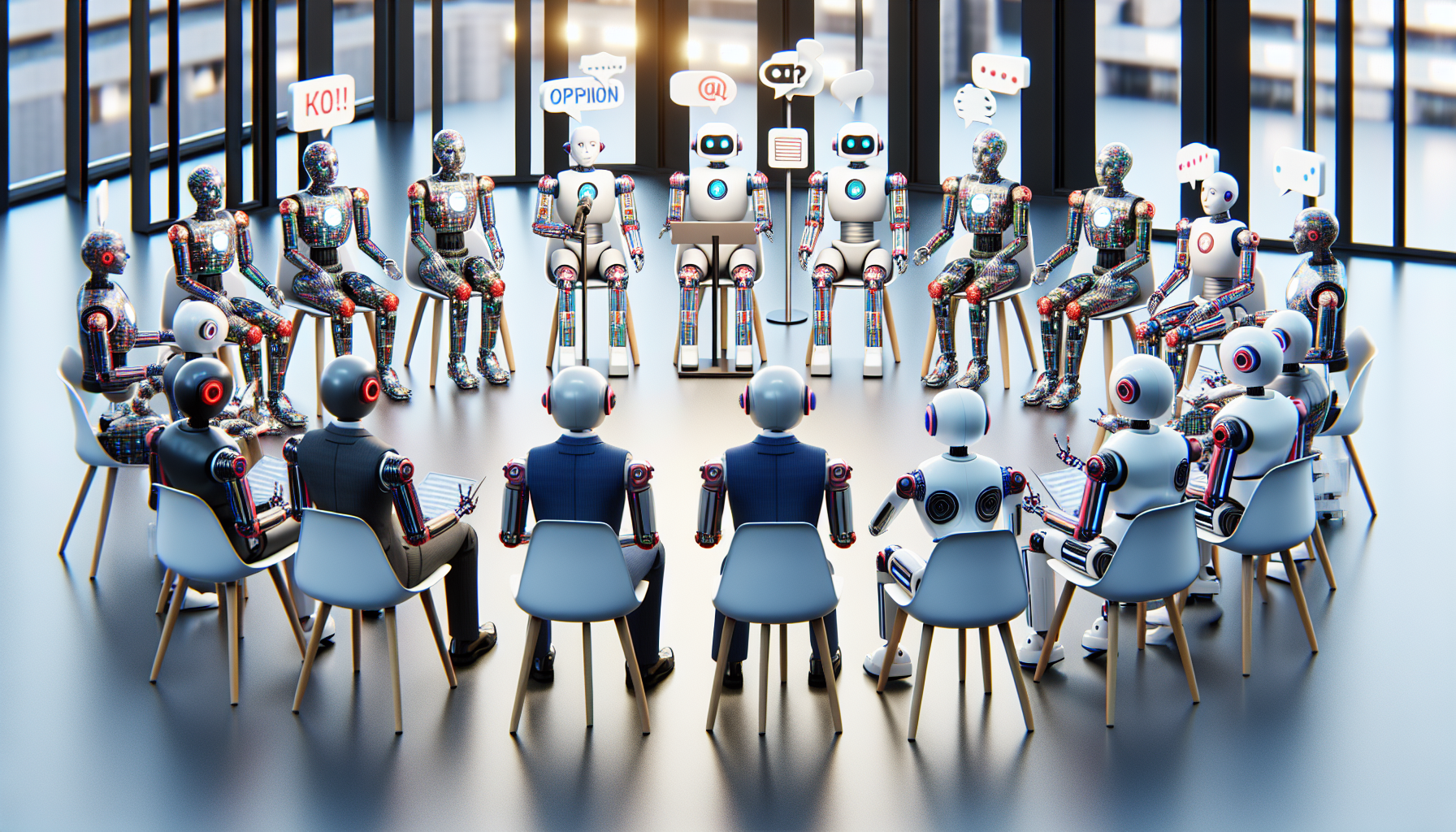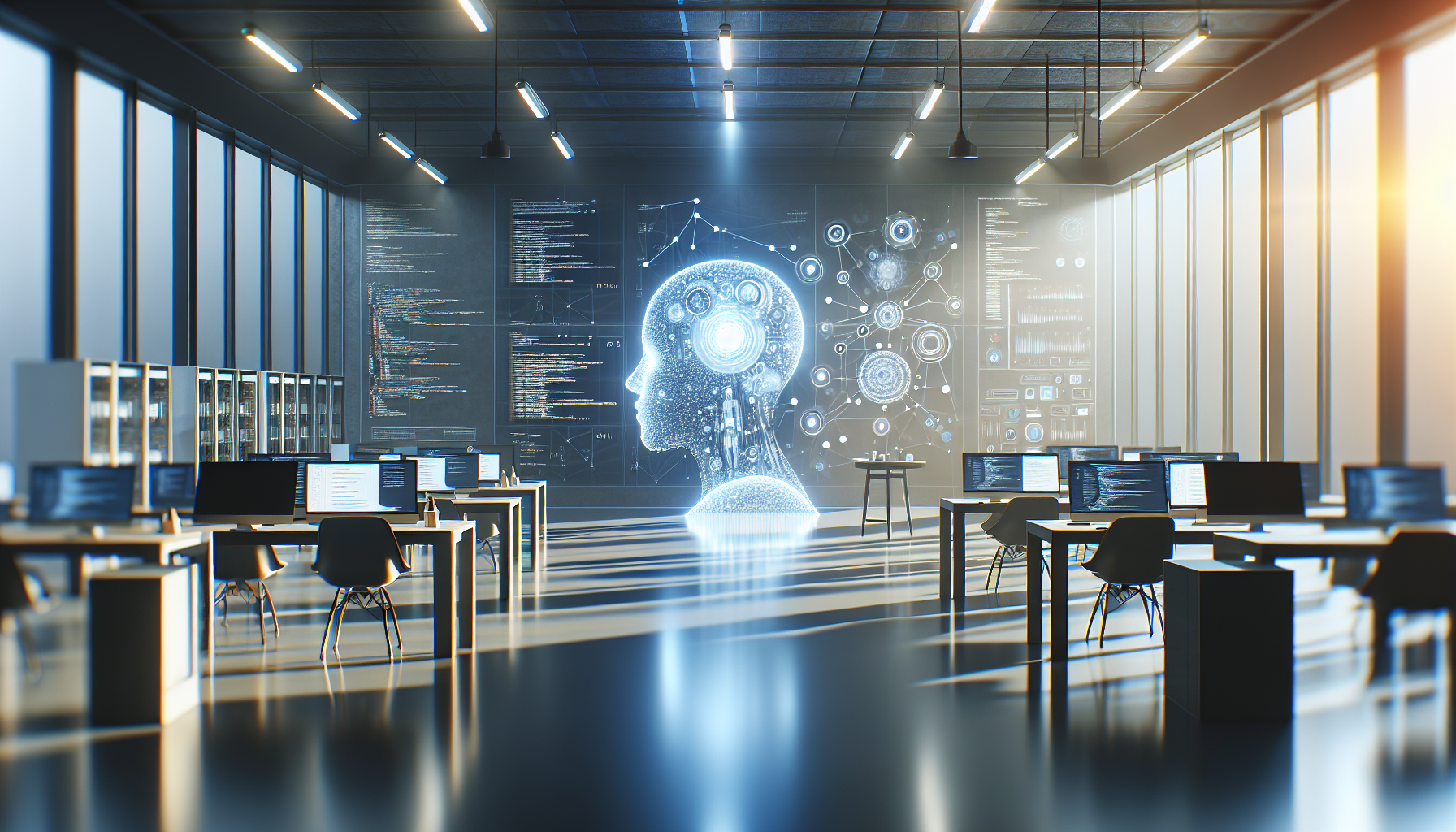
AI and Human-Computer Interaction: A Comedic Journey Through the Ages
August 22, 2025
Once upon a time, in a land far, far away—or maybe just a few clicks down memory lane—humans and computers began their awkward courtship. It was a time when computers filled entire rooms, and humans filled their heads with dreams of a digital utopia. Fast forward to today, and we find ourselves in an era where Artificial Intelligence (AI) is not just a buzzword, but a bona fide companion in our human-computer interactions. So, how did we get here? And more importantly, who invited Clippy to the party?
Picture this: the very first computer-human interaction might have gone something like this. A scientist, wearing a lab coat for dramatic effect, approached a colossal machine and spoke the magic words: "Hello, can you compute this for me?" The computer, in its infinite wisdom (or lack thereof), responded with a series of beeps and whirrs that roughly translated to, "Sure, but it'll take a while, and I might need a vacation afterward."
Back then, the idea of a computer understanding human language was as far-fetched as a cat understanding Shakespeare. Yet, pioneers in the field of AI were unfazed. They set out on a quest to teach computers the art of conversation. Fast forward through a whirlwind of punch cards, binary codes, and more jargon than a tech enthusiast's dream, and we arrive at the birth of Natural Language Processing (NLP).
NLP was a game-changer, allowing computers to detect human speech patterns, albeit with the grace of a toddler learning to walk. Early iterations of voice recognition systems often misunderstood commands, leading to interactions as comical as a game of broken telephone. Yet, despite the hiccups, this was a pivotal step in bridging the gap between humans and machines.
Enter the era of personal computers, where the term "user-friendly" was thrown around like confetti. Graphical User Interfaces (GUIs) emerged, transforming computers from mysterious behemoths into approachable gadgets. The mouse, that unassuming piece of plastic, became a tool of empowerment, and icons turned computing into an art form. Humans and computers were now partners in crime, embarking on digital adventures together.
As AI advanced, so did its ability to mimic human behavior. Virtual assistants like Siri and Alexa strutted onto the scene, armed with wit, charm, and the occasional dad joke. These digital darlings could set reminders, play music, and even tell bedtime stories. But let's be honest, they're still figuring out the nuances of human emotions. Try asking them to empathize with your existential crisis, and you'll likely receive a weather update instead.
The concept of machine learning took AI to new heights. Computers started analyzing data faster than a caffeine-fueled analyst during tax season. They could predict trends, make decisions, and even beat humans at chess. Of course, not everyone was thrilled about machines outsmarting us. Some feared a future where AI would reign supreme, turning us into mere spectators in our own lives. But let's not forget, these are the same machines that still struggle to distinguish between a chihuahua and a blueberry muffin.
In the quest for seamless human-computer interaction, AI has dabbled in creativity too, composing music, writing poetry, and even attempting stand-up comedy. It's a brave new world where humans and machines collaborate to push the boundaries of what's possible. And while AI's comedic timing might be a work in progress, its potential to revolutionize industries and improve lives is no laughing matter.
So, what’s next in the grand saga of AI and human-computer interaction? The possibilities are as endless as a programmer's caffeine supply. Will we see AI therapists offering unsolicited advice or robotic baristas crafting the perfect cup of coffee tailored to our mood? Only time will tell.
As we continue this journey, one can't help but wonder: will there come a day when computers truly understand us, quirks and all? Or will we forever remain two species, separated by a common language of zeros and ones? Perhaps the real question is, do we even want them to understand us completely? After all, a little mystery keeps the sparks flying in any relationship, even between humans and their silicon counterparts.


